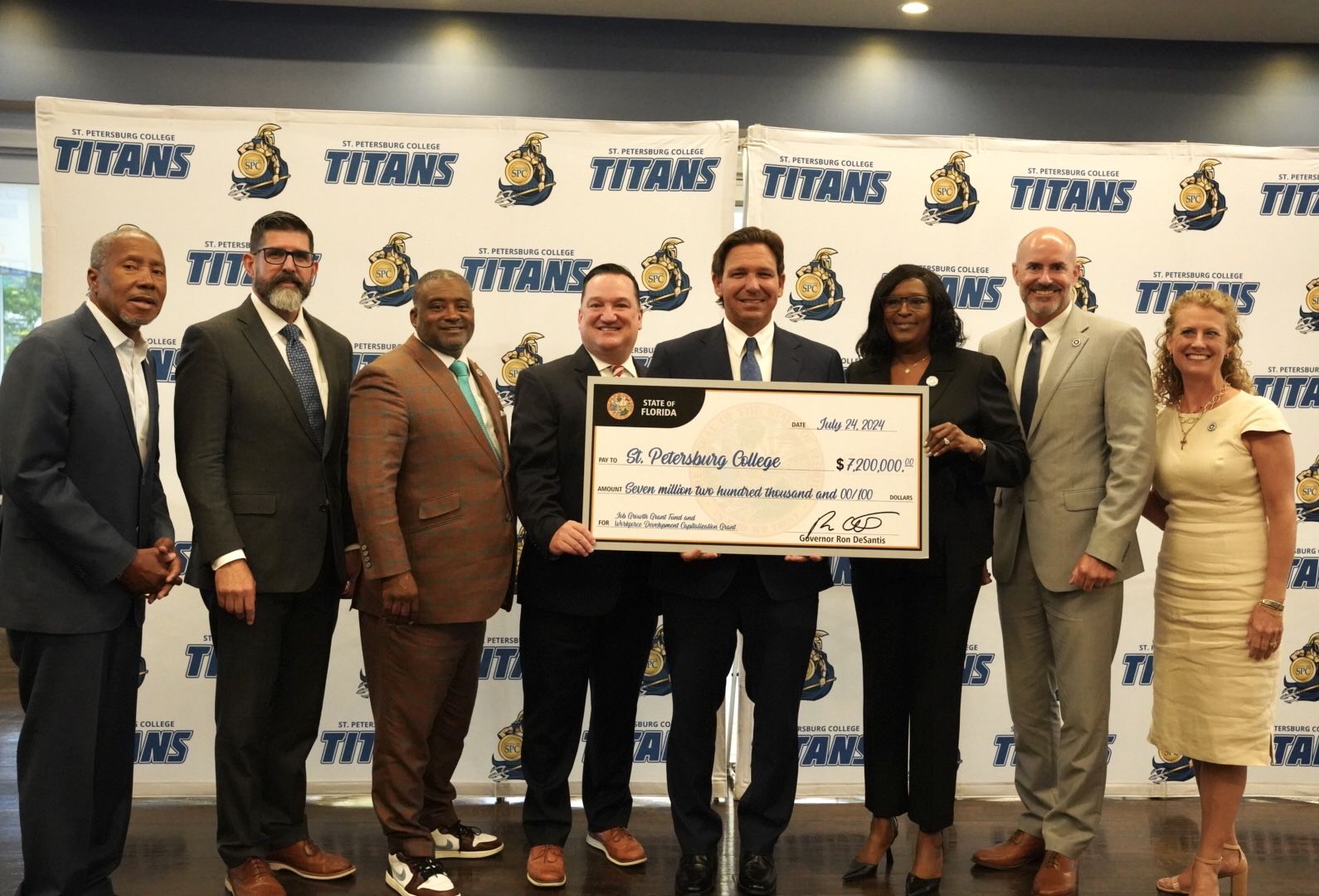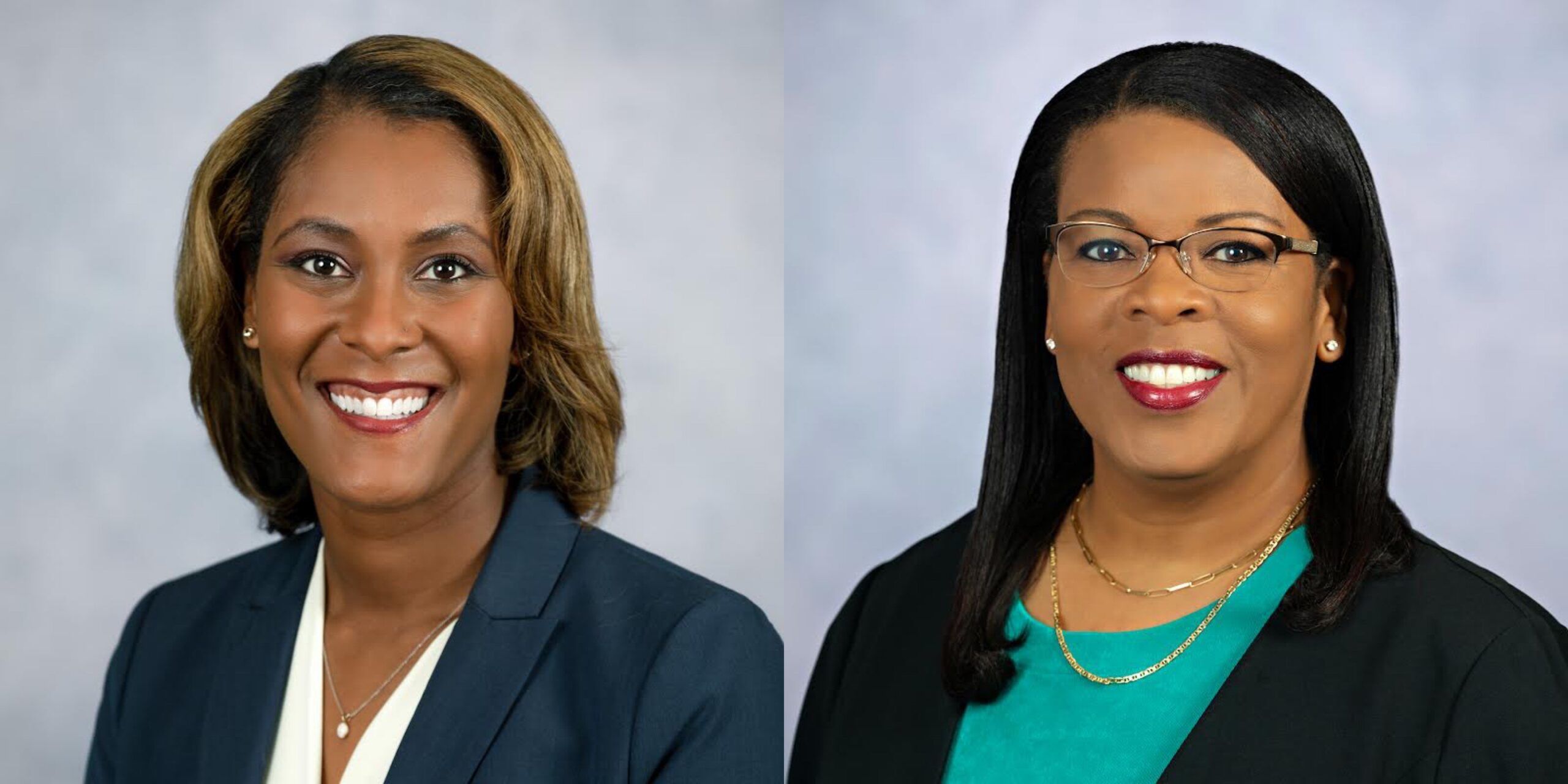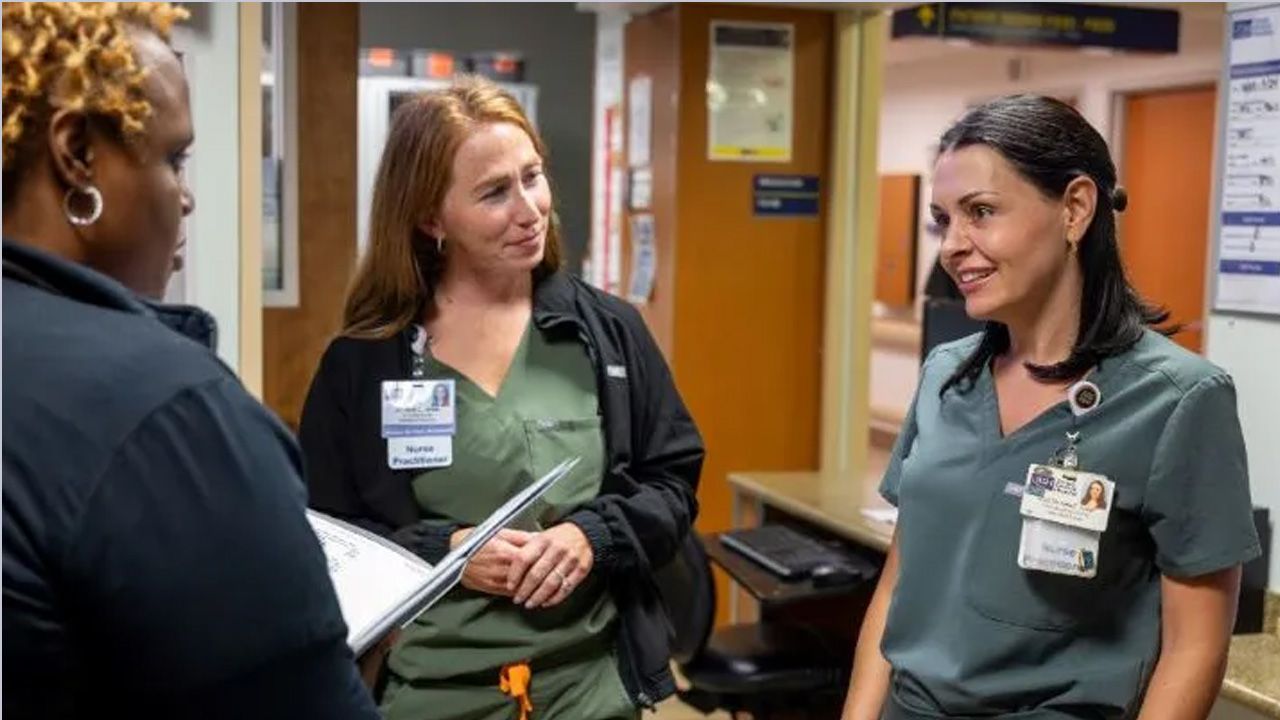For individuals and businesses, health is always a vital concern, but the current context makes affordable health care a primary focus. For those in the industry, it’s never been a better time to fix “a broken system,” as Steve Presser, president and chief operating officer of BeniComp, says.
BeniComp, for “benefits and compensation,” is a health technology company focused on insurance, creating its own software to inform and educate their clients to make the best health care decisions. As Presser explains, “a lot of health insurance is not intuitive. It was almost like the system was built to confuse people. We want to make it as clear as possible because everybody needs health insurance. Whether you are very healthy or have comorbidities or simply elevated health risks, everyone needs health care so they will be prepared for any future situation. COVID is one of those situations.”
For Presser, and BeniComp, the heightened focus on health during the current COVID-19 crisis has engendered a positive change in attitude that is already transformative.
“COVID forced a wider population of people to use technology,” says Presser, “and therefore, they could finally fully understand the benefits of things like telemedicine. Awareness has been increasing over time, but COVID also forced people to use the health care system differently, and, in doing that, to become more educated on how to better use the system in the future.”
Presser believes it’s important to educate people about themselves, their bodies and their choices. “We’re trying to empower people with their health and a lot of that is simply the power of education,” he says.
Another company focused on transformative technology, to better serve their clients in health is Synzi, a virtual care platform based in the Tampa Bay area but serving the nation. As Lee Horner, CEO, explains, “We’re a communication platform company that enables virtual visits and delivers content across different modalities including telehealth, one of our primary delivery models. We focus mainly on post-acute care, so think of home health organizations supporting patients who are headed home, or at home at a time, when it’s critical for them to receive attentive care and stay safe.”
Synzi’s technology allows both the patient and the clinician to gain crucial knowledge ahead of face to face interactions.
“We’re seeing a lot of opportunities to help our community, and our partners, around the ability to do pre-check-in with our patients prior to physicians going into the patient’s home. Our patients often are struggling with comorbidity, multiple chronic diseases that they are trying to manage, and ultimately our goal, and what we originally brought to market, is the opportunity to deliver care without having to be in person,” Horner says. “We’ve been living, and breathing, this technology for the last five years focusing on acute care. There are multiple ways to communicate with patients, and you must be able to meet the needs of your demographic.”
With Synzi’s extensive experience in communicative platforms for acute care, it was easy to anticipate heightened needs during the crisis.
“The idea, for us, was to leverage our platforms to allow daily or weekly assessments,” Horner says. “Depending on the requirements of our clients, to offer both a pre-assessment and peace of mind for the patients.”
Another crucial aspect of communication during the crisis involves the entire community of loved ones affected by ongoing treatment, often separated by physical distance or safety precautions. Synzi had the answer.
“We built our platforms not just for patients and clinicians,” explains Horner, “but for an entire community-based model, so we had the capabilities to connect care and family members. The ability to bring in a son or daughter, alongside the physician, to communicate with the patient on a multi-way video call, it’s very powerful. Many of our clients are using our platforms to stay, virtually, at the bedside of their family members, the sick or the needy.”
To Presser, the melding of health and technology also adds the power of preventative knowledge. “We engage with people through our software, so you can speak with health coaches or start seeing a trainer virtually for preventative care. People are realizing the benefits of what can be accomplished from home through software and virtual methods. A great example is our annual health screenings. We get 96% participation. Identify the risks, and empower our patients to know their own possible underlying conditions. And we can educate those people who do fall into the elevated risks section, and we can help put those people into a position to be safer.”
For Synzi and Horner, collaborating with their clients to create better options for care is most rewarding.
“Every single day there’s emerging capabilities,” Horner says. “We have great partners across the U.S. who understand how our technology works, and what we can deliver, and they’re coming to us and saying, ‘Hey, we’re trying to solve this problem’—which in many cases is COVID-related—‘we think your technology can do that, so help us move through the workflow to best deliver this service effectively.’ ”
Horner credits preparation as the key, both in his people and in the software technology they spent years developing.
“We built this incredible, robust platform for use,” Horner says. “Now, with a great need, our clients are seeing ways to fully take advantage of it. Our opportunities are endless as the market continues to grow and we have so much chance to support our current clients and to welcome new prospects coming in who need better choices to care for their patients. It’s a testament to the platform we built and its scalability to support our communities.”
Both companies were prepared for the increase in demand. In Synzi’s case, it grew more than 100% for each of the last several months, and its leaders anticipate more growth potential in the future.
“Sometimes it’s tough to be in this industry,” Presser says. “Because, for very good reasons, there are negative connotations when people think of health insurance companies. We know, internally, that we are different but traditionally employers, and employees, have felt that their only two health care options are bad and worse. What is so important now is that employers realize they do have options.”
Presser cites a recent case where a local charter school engaged with their health insurance consultants for nearly a year to create a best-fit package for faculty and staff, significantly lowering premiums and raising benefits. “If employers get involved in their health care and sit down with specialists like us, you will find better options.”
“The industry is ripe for disruption,” Presser says, “and we’re super excited to be a part of it, working with other companies who are on the right side of health.”
Horner adds: “Overall, we are bringing a community-based approach together for health. The ability to communicate, across multiple parties, is critical for us all to work together to control the virus.”















